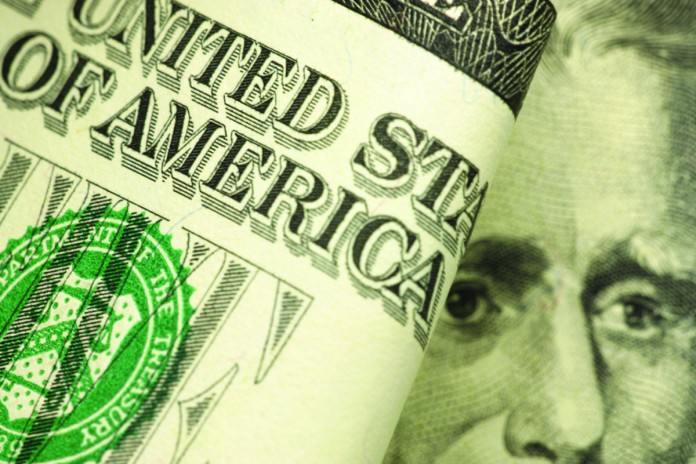NEW YORK — Financial concerns, including not having enough money to pay bills or worrying that money will run out, are a leading cause of stress.
Finding new ways to save money can help reduce these feelings of stress and improve quality of life.
An American Psychological Association poll indicates 80 percent of Americans state the economy is a significant cause of stress, while 83 percent of women and 78 percent of men are stressed about money.
Stress can contribute to a variety of health ailments, including anxiety, depression and cardiovascular problems. Stress can also worsen preexisting conditions. Finding ways to reduce stress may lead to a longer, happier life.
Tips for saving money
One way to reduce stress is to take control of your finances so that money issues do not compound stress. Finding a way to save more money might do the trick.
- Examine the contents of your storage unit. Storage units can help people who have to temporarily house items between moves or during home renovations. But storage units can be a waste of money when they’re used as a place to store clutter.
- Take inventory of your unused gift cards before your next shopping trip. Gift cards are a financial windfall for some people and a convenient go-to gift for others. Simply offer a gift card and the recipient can go on a shopping spree of his or her choosing.
- Stop wasting food. The National Resources Defense Council says the average American discards as much as $43 worth of food each month. That amounts to more than $500 per year, which is a large portion of the food budget to simply toss in the trash.
- Store foods so that they are easily visible in the refrigerator so that lettuce doesn’t turn brown or you forget about those strawberries that are now covered in fuzz. If you are prone to produce amnesia, simply buying frozen vegetables can help prolong shelf life and save you money.
- Put loose change to good use. While not much can be purchased for under $1 these days, that doesn’t make loose change worthless. Coins can quickly accumulate and add up to big bucks.
- Keep a bank or jar by the entryway to your home so you won’t forget to save all of that loose change each day. When the jar is filled, roll it up and bring it to the bank or rely on a coin-counting machine at your bank.
- Stop losing receipts. Who hasn’t delegated an ill-fitting item to the back of the closet because of a lost receipt?
- Missing receipts often deter people from going to a store to return or replace items that do not fit or did not work out. Instead of being stuck with a piece of useless clothing, be mindful of receipts, always opting to have them put into your wallet instead of just leaving them in the bag.\
- New smartphone apps enable you to scan and store receipts if you’re prone to losing them.
- Also, some retailers track purchases, particularly among loyal customers — those who present a card or key ring bar code to scan — and can easily look up prior purchases without a receipt.
- Make payments on time. Failure to make certain payments on time, particularly credit card bills, may incur interest charges.
Got debt?
Pay down your highest interest credit card first. Once you’ve finished, put that money towards the debt with the next highest interest. Your progress to get rid of your debt snowballs with this method.
When you go out for lunch, order water instead of drinks. Restaurants make a lot of money from the high markup on beverages.











